Description
In Depth
LymphGenic by Alimentum Labs is a comprehensive product designed to promote effective drainage and toxin removal from both the central nervous system and body as a whole by supporting the lymphatic, glymphatic, and renal systems.
LymphGenic’s unique formulation was meticulously curated to facilitate fluid management and enhance immune modulation by targeting the healthy expression of FLT4, VEGF, GJC2 and AQP4 genes. By promoting lymphatic drainage and enhancing immune function, LymphGenic supports the body’s defense against infections and diseases. Moreover, it is designed to protect kidney, liver, and brain health by minimizing oxidative stress and inflammation.
With powerful ingredients like alpha-lipoic acid, ginger root, and resveratrol, LymphGenic offers a holistic approach backed by scientific research, ensuring optimal functioning of these vital systems in today’s toxin-filled environment.
Key Features
- Vitamin B6, or Pyridoxal 5’-Phosphate, plays a crucial role in maintaining kidney health and supporting immune function. Research indicates that adequate levels of vitamin B6 may help mitigate oxidative stress in kidney tissues and enhance the production of lymphocytes, fortifying the body’s ability to fight infections and recover from illness. Additionally, emerging evidence suggests that vitamin B6 deficiency may negatively impact the function of the lymphatic system by altering AQP4 proteins, emphasizing its importance in overall health and well-being.
- Resveratrol, a potent polyphenol abundant in red grapes, offers remarkable anti-inflammatory and antioxidant properties. Its quick absorption into the bloodstream and lymphatic system demonstrates its support for healthy drainage processes. Emerging studies highlight its role in mitigating inflammation, particularly in the brain, suggesting its potential role in aiding glymphatic clearance and supporting detoxification pathways.
- Ginger root, renowned for its long history in traditional medicine and recent scientific exploration, exhibits potent anti-inflammatory and antioxidant properties. Research shows that its ability to lower blood pressure and enhance circulation by vasodilation may indirectly support healthy drainage mechanisms in the lymphatic, glymphatic, and renal systems. These combined effects suggest that ginger may contribute to regulating fluid levels, modulating the immune system, and promoting proper lymphatic drainage, potentially reducing swelling and enhancing the body’s natural detoxification processes.
- Alpha-lipoic acid, a naturally occurring compound, aids in combating oxidative stress caused by the accumulation of reactive oxygen species. Research shows its potential to safeguard critical components of the lymphatic system, such as the spleen, from damage caused by unregulated oxidative stress, toxin exposure, and inflammation. Furthermore, studies also suggest that alpha-lipoic acid may play a role in regulating VEGF gene expression to mitigate damage associated with metabolic dysfunction, and indirectly support healthy drainage mechanisms.
- Reishi mushroom, renowned in traditional Asian medicine, has gained scientific recognition for its diverse health benefits, including glucose control, lipid level regulation, and immune support. Studies show the protective effects of reishi against kidney injury from chronic ailments or toxin exposure, highlighting the intricate relationship between kidney function, fluid balance, and the lymphatic system. Recent research also suggests that its polysaccharides enhance AQP4 gene expression, potentially optimizing glymphatic system function. These findings emphasize reishi mushroom’s ability to indirectly support healthy drainage mechanisms in the lymphatic, glymphatic, and renal systems.
White Paper
The White Paper is your comprehensive guide to understanding this product. It details the ingredients, their functions, and how they work together to deliver results. Complete with usage guidance and safety information, it’s an invaluable resource for anyone seeking a thorough understanding of this formula.
Essential Ingredients
- Vitamin B6
- Resveratrol
- Ginger Root
- Alpha-Lipoic Acid
- Reishi Mushroom
Directions
Take 2 capsules daily, or as directed by your health care provider.
Warnings
Keep away from heat, sunlight, and out of the reach of children.
Quality Guarantee
cGMP facility
Vegan
Non-GMO
Gluten Free
Dairy Free
No Sugar
Frequently Asked Questions
Who should take LymphGenic?
LymphGenic is recommended for individuals looking to support their lymphatic, glymphatic, and renal systems for overall health and well-being. It may be particularly beneficial for those seeking to enhance detoxification processes, support immune function, promote proper drainage, reduce inflammation, and protect kidney and liver health. Additionally, individuals who are exposed to environmental toxins or are experiencing symptoms related to poor lymphatic drainage may find LymphGenic beneficial in supporting their health goals.
How should I take LymphGenic?
For optimal therapeutic results, it is recommended to take 2 capsules of LymphGenic daily, with or without food, or as directed by your health care practitioner.
Can I take LymphGenic with other supplements?
Yes, it is considered safe to take LymphGenic with other supplements, especially other Alimentum Labs products that support brain health and detoxification. However, it’s always advisable to consult with a healthcare professional before adding a new supplement to your regimen. This ensures that there are no potential interactions or contraindications with specific medications or individual health conditions. Healthcare providers can provide personalized guidance based on your unique health profile, helping you make informed decisions about supplement combinations for optimal safety and efficacy.
Can I take LymphGenic if I'm pregnant?
It is always recommended to consult with your healthcare provider before taking LymphGenic or any other supplement while pregnant. While many of the ingredients in LymphGenic are generally recognized as safe, individual responses to supplements can vary, and the potential impact on pregnancy and fetal development should be carefully considered. Healthcare providers can offer personalized advice based on the specific needs and health conditions of pregnant individuals to ensure the safety and well-being of both the mother and the baby.
Why is alpha-lipoic acid important for lymphatic health?
Alpha-lipoic acid is important for lymphatic health because of its ability to combat oxidative stress, a key factor in maintaining the integrity and function of the lymphatic system. By neutralizing reactive oxygen species and protecting critical components of the lymphatic system, such as the spleen, from damage caused by oxidative stress, alpha-lipoic acid helps ensure the proper functioning of lymphatic drainage and immune responses. Additionally, alpha-lipoic acid may regulate gene expression, including genes involved in lymphatic function, further supporting lymphatic health.
How does LymphGenic promote effective drainage and toxin removal?
LymphGenic promotes effective drainage and toxin removal through its unique blend of ingredients that support the lymphatic, glymphatic, and renal systems. By targeting the healthy expression of genes involved in these systems, such as FLT4, VEGF, AQP4, and GJC2, LymphGenic facilitates fluid management and enhances immune modulation. This helps the body eliminate waste products, toxins, and pathogens more efficiently, supporting overall detoxification processes. Additionally, LymphGenic’s ingredients possess anti-inflammatory and antioxidant properties, further aiding in the removal of harmful substances and reducing oxidative stress, ultimately promoting optimal drainage and toxin removal.


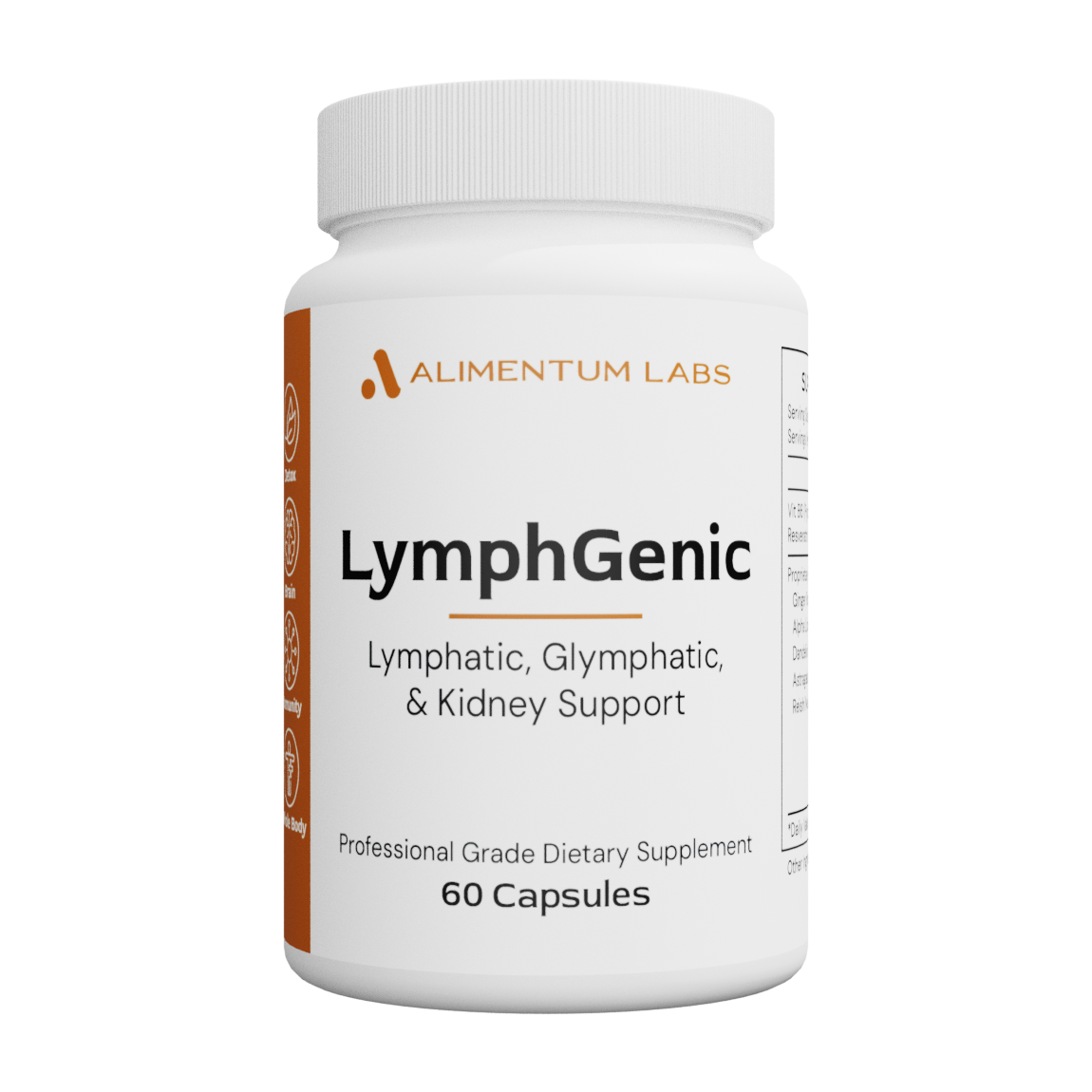

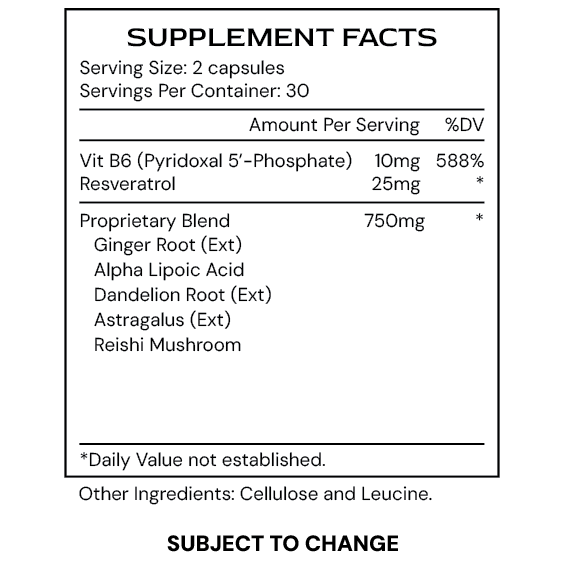
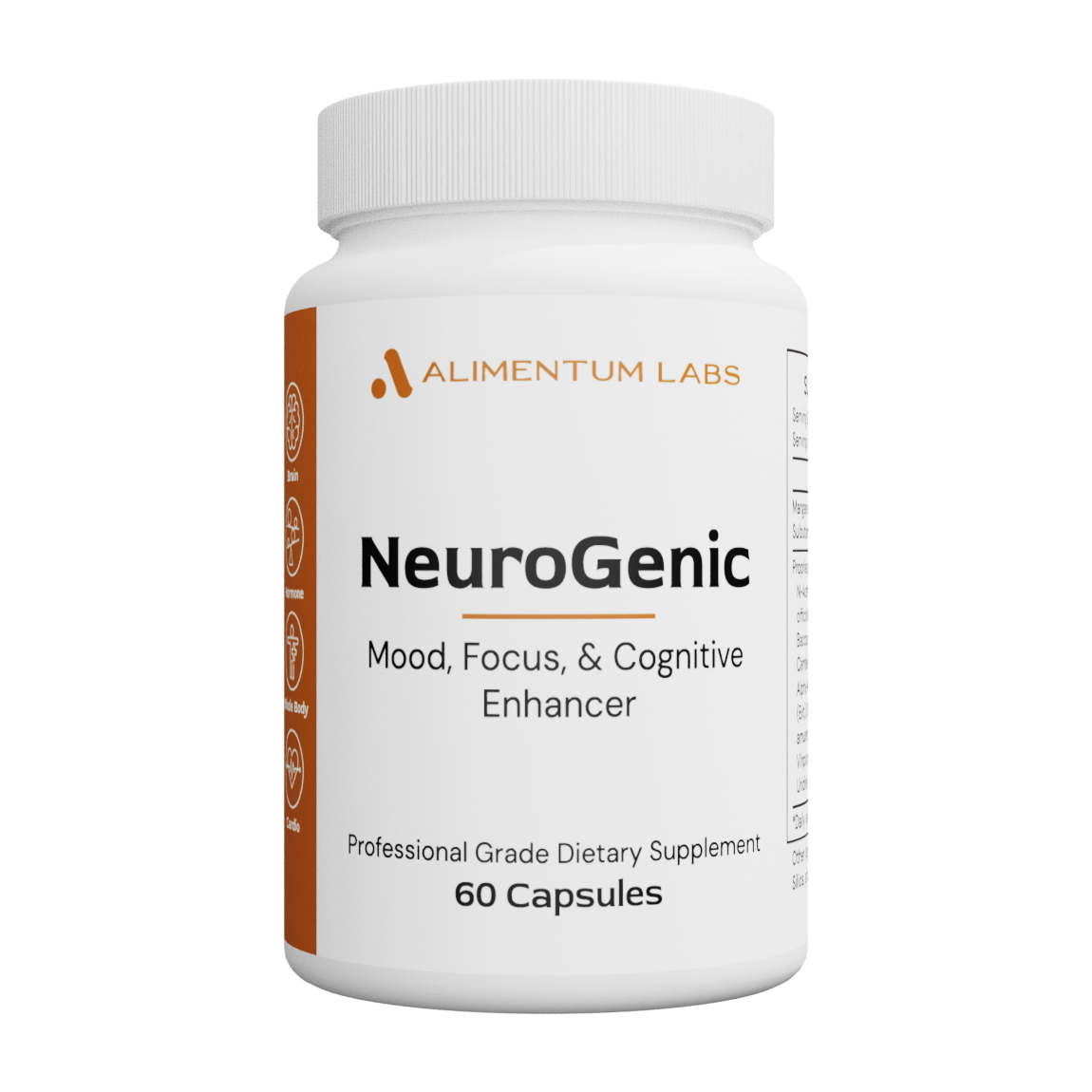
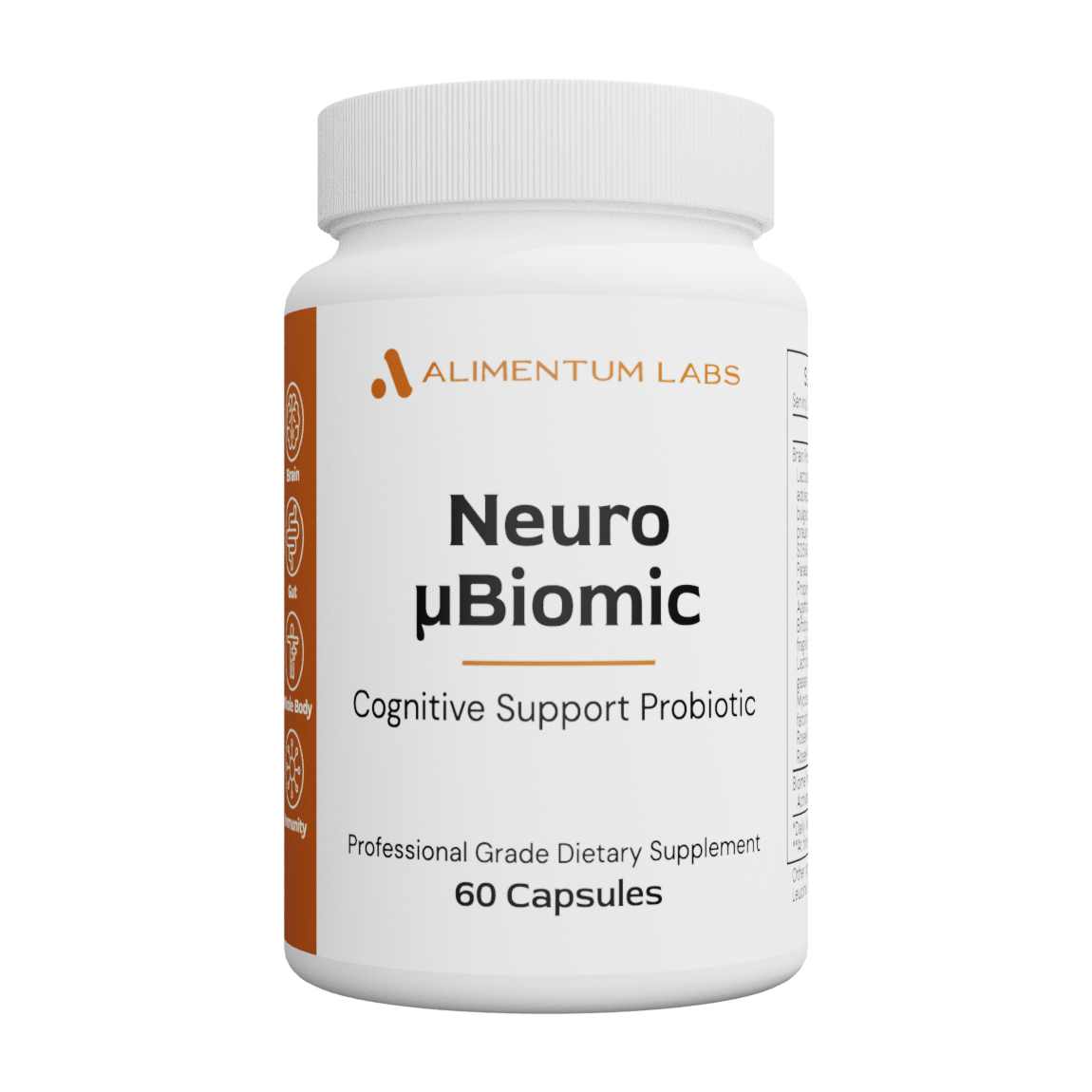
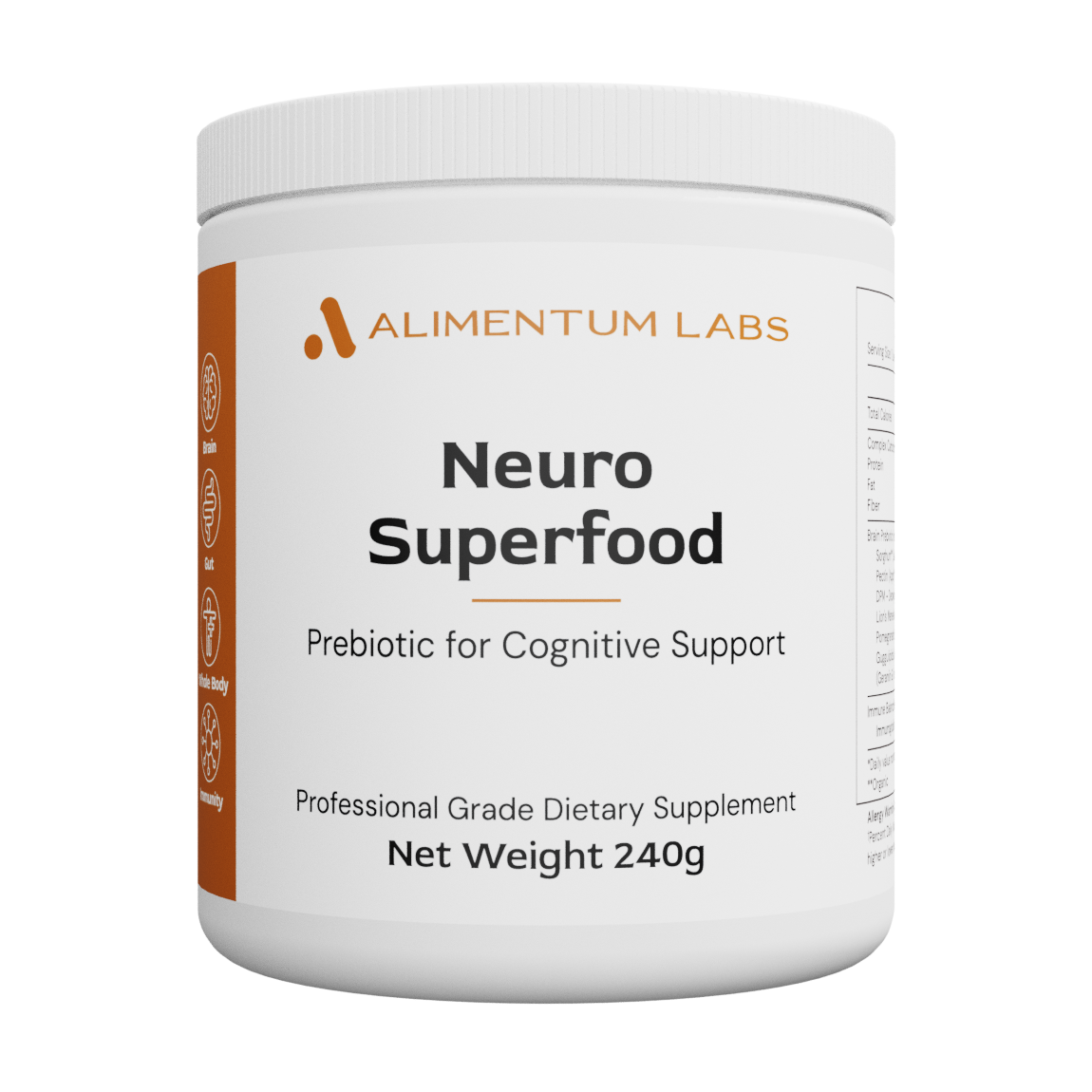

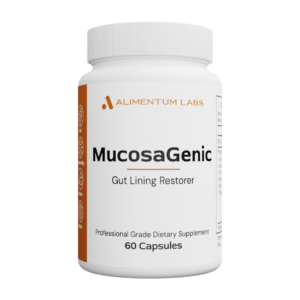
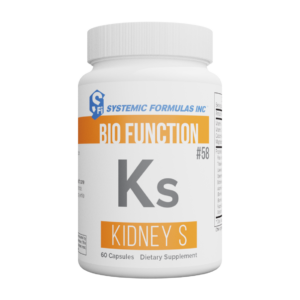
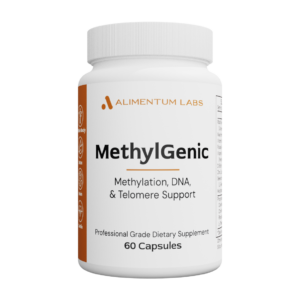
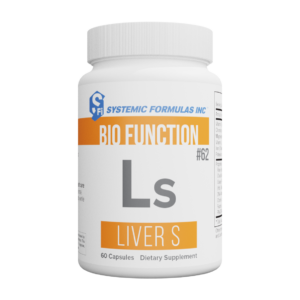

There are no reviews yet.